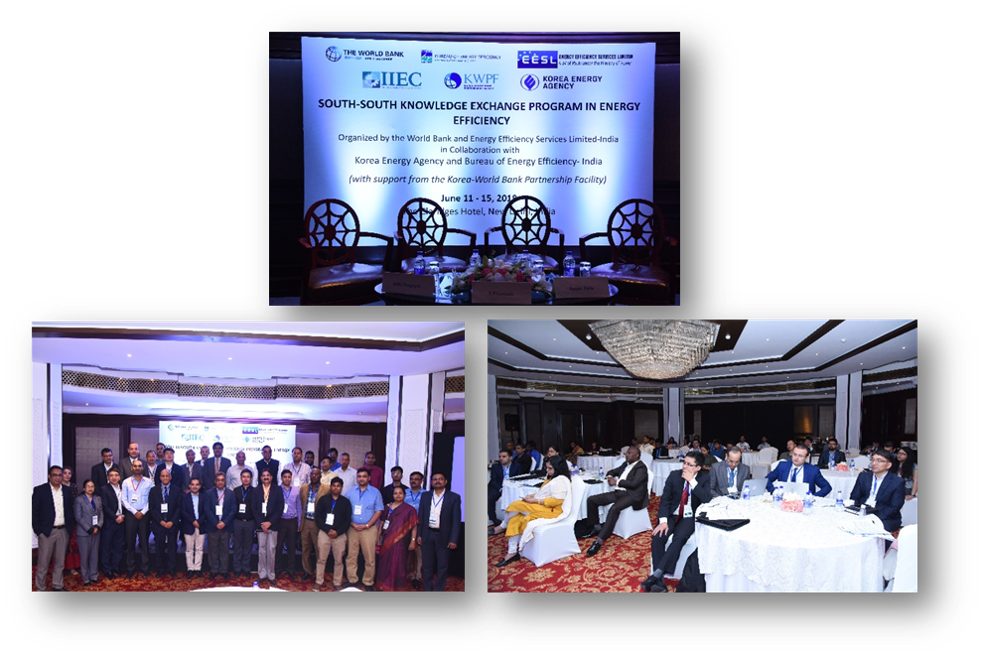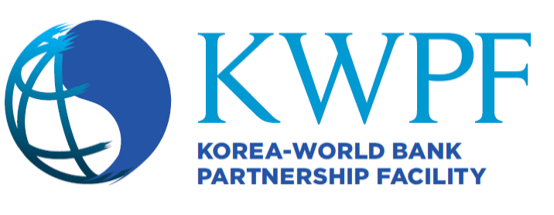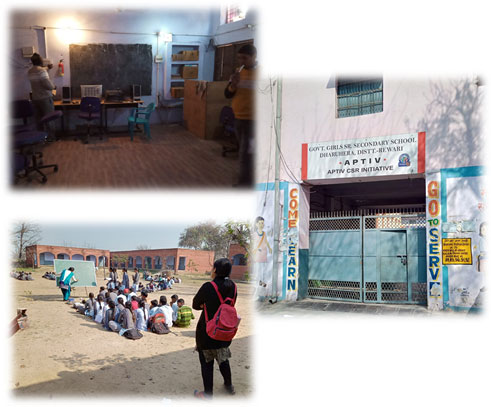|
Project Name: |
South – South Knowledge Exchange Program in Energy Efficiency in India |
|
Project Year: |
April 2018 |
|
Project Location: |
India |
|
Project Description: The International Institute for Energy Conservation-India (IIEC-India) had been commissioned as a lead organizer and technical consultant by the World Bank Group and EESL to deliver the South-South Knowledge Exchange Program in Energy Efficiency, a five-day knowledge exchange program in New Delhi, India. The program was designed as a Project Activities:
|
| Funding Source | Partners Involved | Themes Covered Under Project |
|
[The World Bank]
[Korea - World Bank Partnership Facility (KWPF)] |
[Bureau of Energy Efficiency (BEE) ]
[Energy Efficiency Services Limited (EESL)]
[Korea Energy Agency (KEA)] |
|
|
For more Information, contact: This email address is being protected from spambots. You need JavaScript enabled to view it. |

 collaborative platform to provide opportunities to South Asia Region (SAR) countries for knowledge exchange and learning in order to enhance their capacity to deliver energy efficiency (EE) and Demand Side Management (DSM) programs in their respective countries. The program was funded by the World Bank and organized by Energy Efficiency Services Limited (EESL), India in collaboration with Korea Energy Agency (KEA) and the Bureau of Energy Efficiency (BEE), India with support from the Korea-World Bank Partnership Facility (KWPF).
collaborative platform to provide opportunities to South Asia Region (SAR) countries for knowledge exchange and learning in order to enhance their capacity to deliver energy efficiency (EE) and Demand Side Management (DSM) programs in their respective countries. The program was funded by the World Bank and organized by Energy Efficiency Services Limited (EESL), India in collaboration with Korea Energy Agency (KEA) and the Bureau of Energy Efficiency (BEE), India with support from the Korea-World Bank Partnership Facility (KWPF).
 Energy Efficiency
Energy Efficiency Project Description:
Project Description:
